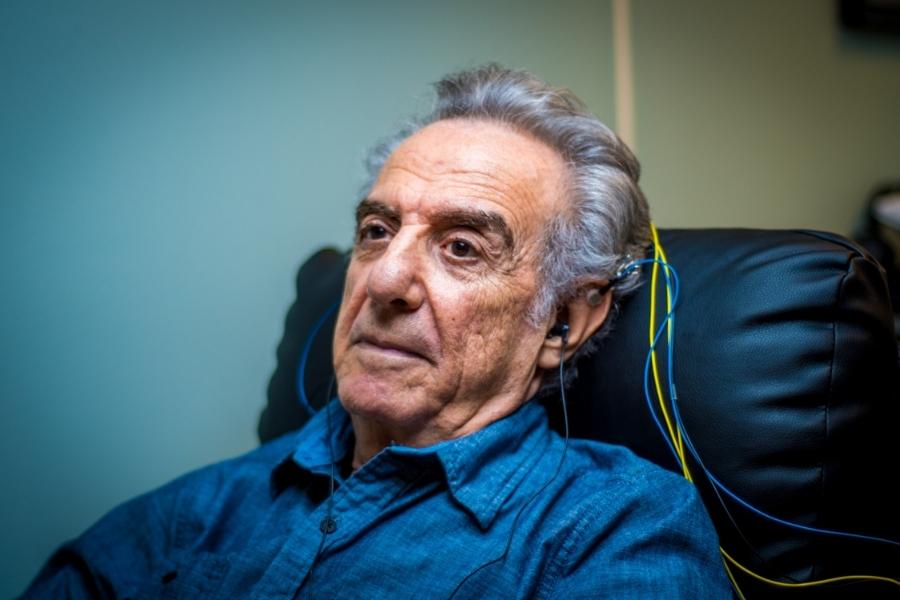It’s estimated that around 5 million Americans are living with Alzheimer’s disease, a form of dementia that causes problems with memory, thinking and behavior. While there is currently no cure for Alzheimer’s, new research suggests that neurofeedback may help to restore cognitive functioning in those affected by the disease.
Neurofeedback is a type of therapy that uses real-time feedback on brain activity to help improve mental wellness. A recent study published in the journal Brain found that neurofeedback may be helpful in improving cognitive function in people with Alzheimer’s disease.
What is neurofeedback?
Neurofeedback, also known as EEG biofeedback or neurotherapy, is a type of biofeedback that uses real-time displays of brain activity to give feedback to the patient about their brain. The goal of neurofeedback is to help the brain self-regulate in order to improve conditions like ADHD, anxiety, depression, chronic pain and more.
How does it help people with Alzheimer’s?
The research suggests that by providing feedback about brain activity, the brain can begin to self-regulate and improve its own functioning. This is groundbreaking since current treatments for Alzheimer’s disease only focus on managing symptoms and do not address the underlying cause of the disease.
The study involved 27 participants with mild-to-moderate Alzheimer’s disease who underwent neurofeedback training for six weeks. The participants who received neurofeedback showed significant improvements in cognitive function, while those in the control group did not.

What does this mean for the future of Alzheimer’s treatment?
While more research is needed to confirm these findings, the study provides promising evidence that neurofeedback may be a valuable addition to current treatments for Alzheimer’s disease. If further research confirms these findings, neurofeedback could become a mainstream treatment for Alzheimer’s and other forms of dementia.
How many session do I need?
The number of sessions required for neurofeedback therapy varies depending on the individual and the condition of their overall health. Some people may only need a few sessions, while others may need more.
If you or someone you know is living with Alzheimer’s disease, talk to your doctor about whether neurofeedback therapy may be right for you.
How do I know if it is working?
Neurofeedback therapy is considered successful when the patient’s brain activity begins to self-regulate and improve. This can be measured by changes in symptoms, cognitive function and overall quality of life. People report feeling better mentally and physically, more relaxed and less forgetful. They are able to focus more and have less anxiety. Many people notice sleeping better at night and waking up in the morning feeling refreshed.

What if dementia or Alzheimer’s runs in my family?
If you have a family history of dementia or Alzheimer’s disease, it’s important to talk to your doctor about your risk factors. There is no one-size-fits-all approach to preventing or treating Alzheimer’s disease, but making lifestyle changes such as exercising regularly, eating a healthy diet and getting enough sleep may help reduce your risk. In addition, you may consider training your brain with neurofeedback to help keep your mind sharp and reduce your risk of cognitive decline.
How to get started?
If you are considering neurofeedback therapy, be sure to consult with a qualified practitioner to ensure you are getting the most out of your sessions. A qualified practitioner will be able to provide you with a personalized treatment plan based on your specific needs.
Neurofeedback therapy is typically done in an outpatient setting, which means you can go to your sessions and then return home after each one. This makes it a convenient option for busy people who may not have the time or ability to stay in a hospital or treatment center.
To schedule a neurofeedback session, reach out to us today. Click here to contact us.

